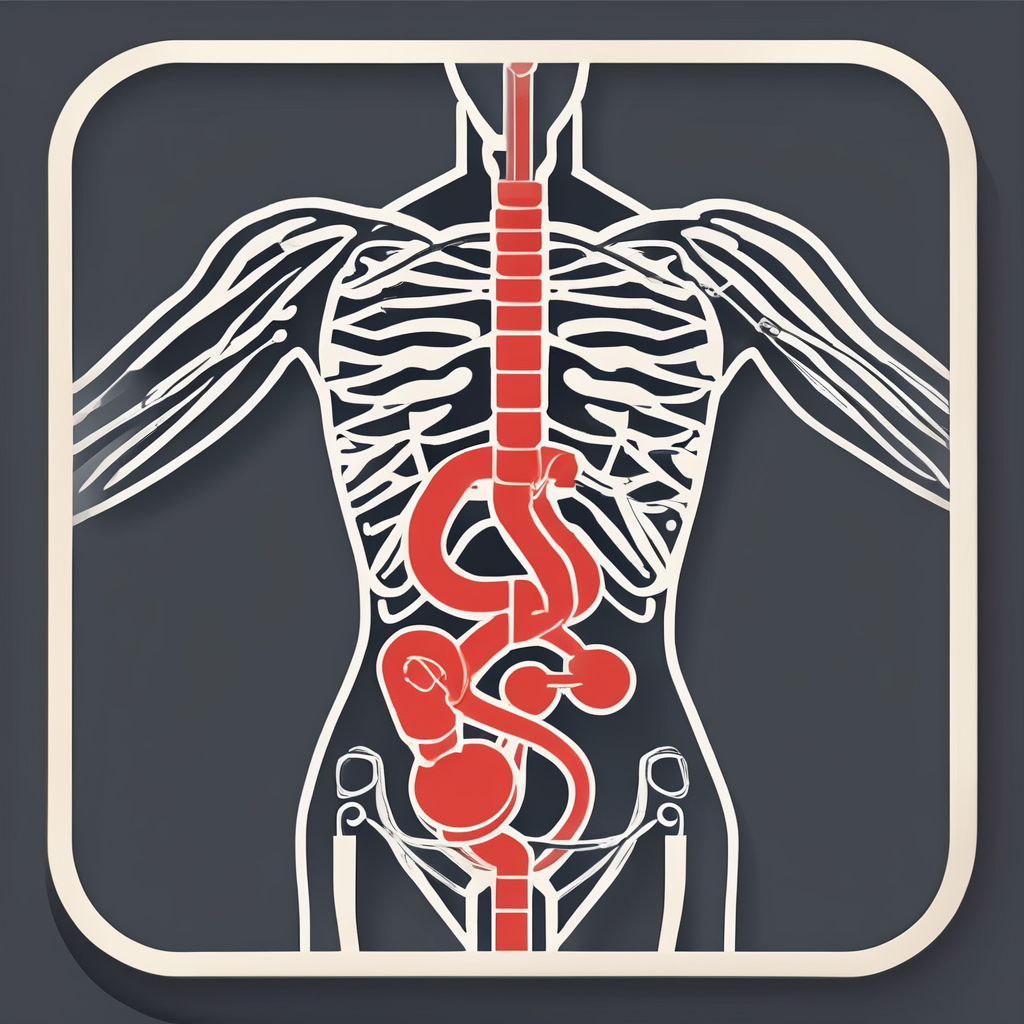Pregnancy is a beautiful journey, filled with anticipation and joy, but it can also bring a myriad of questions and concerns. As women navigate through this transformative period, recognizing the signs of a healthy pregnancy is crucial. Understanding when to seek medical advice is equally important, ensuring both you and your baby are well cared for. This article aims to provide comprehensive insights into the symptoms and indicators of a healthy pregnancy, what you should look out for, and the circumstances that warrant a discussion with your healthcare provider.
Signs of a Healthy Pregnancy
A healthy pregnancy often exhibits several positive signs that reassure you about your well-being and that of your developing baby. During the early weeks, you may experience various symptoms that signal your body is adapting to the changes of pregnancy. Common signs include nausea, fatigue, breast tenderness, and frequent urination. These symptoms are often associated with hormonal adjustments and the body’s preparation for nurturing a new life.
Also to read : What dietary changes should be made to accommodate gestational diabetes during pregnancy?
As your pregnancy progresses, you may notice other comforting signs. For instance, around the 12-week mark, many women begin to experience a decrease in nausea and an increase in energy levels. This is often a welcome relief, allowing you to engage more fully in your daily routines. Additionally, the appearance of a healthy fetal heartbeat during your prenatal visits can be a reassuring milestone. Most healthcare providers will check for the fetal heartbeat around the 10-12 week mark, and hearing this sound can bolster your confidence in the health of your baby.
Another positive indicator of a healthy pregnancy is the growth of your belly. As your baby develops, your abdomen will expand. This physical change is generally accompanied by weight gain that is within the recommended range for your stage of pregnancy. You should also feel fetal movements beginning between 18-25 weeks, which serve as a strong sign of your baby’s well-being.
This might interest you : How can expectant mothers create a supportive birthing plan that meets their needs?
Finally, maintaining a good level of energy and a positive mental state can also indicate a healthy pregnancy. While mood swings may occur due to hormonal fluctuations, a generally optimistic outlook and the ability to manage daily activities without excessive discomfort is a positive sign.
Common Pregnancy Symptoms to Expect
As you navigate through pregnancy, being aware of common symptoms can help you differentiate between normal experiences and those that may require medical attention. Many women experience morning sickness, which is often a hallmark of early pregnancy. Although uncomfortable, it typically subsides by the end of the first trimester. Staying hydrated and having small, frequent meals can help manage this symptom.
Fatigue is another common symptom during pregnancy. Many women feel unusually tired, especially in the first and third trimesters. This tiredness is generally due to hormonal changes, increased blood volume, and the body’s heightened energy demands as it supports the growing fetus. Ensuring you get adequate rest and nutrition is vital. Prioritize your sleep and listen to your body when it needs a break.
Breast changes are also prevalent. Many women notice their breasts becoming larger, tender, or more sensitive, which is driven by hormonal changes. You might also experience darkening of the skin around your nipples and a visible network of veins. These changes are normal and indicate your body is preparing for breastfeeding.
As you approach the later stages of pregnancy, you may experience Braxton Hicks contractions. These are often termed “practice contractions” and can start as early as the second trimester. They are usually infrequent and irregular, unlike the contractions that indicate labor.
While navigating through these common symptoms, it’s essential to remain attentive to any drastic changes in your body or discomfort that feels abnormal. Keeping an open line of communication with your healthcare provider can help you manage these experiences effectively.
When to Seek Medical Advice
While many symptoms during pregnancy are normal, being vigilant about your health and the well-being of your baby is critical. Knowing when to seek medical advice can help prevent complications and ensure a smoother pregnancy journey. If you experience heavy pain or bleeding, it is imperative to contact your healthcare provider immediately. Spotting can be normal, but heavy bleeding may indicate a more serious issue, such as a miscarriage or placental abruption.
Severe headaches, visual disturbances, or sudden swelling in the hands and face can also be warning signs. These symptoms may point to high blood pressure or preeclampsia, conditions that require immediate medical intervention. If you notice a significant decrease in fetal movement, especially after the 28-week mark, it’s crucial to reach out to your provider. You should feel your baby moving frequently, and any concern about reduced activity should be addressed promptly.
Infection symptoms such as fever, chills, or painful urination should not be overlooked. Infections can pose risks during pregnancy, affecting both your health and that of your baby. Additionally, if you experience persistent nausea or vomiting beyond the first trimester, it may signal a condition known as hyperemesis gravidarum, which requires medical attention.
Lastly, if your emotional health is suffering or you’re feeling overwhelmed, don’t hesitate to speak to your healthcare provider. Mental health is just as important as physical health during pregnancy, and support is available.
Maintaining a Healthy Pregnancy
A healthy pregnancy does not solely depend on recognizing symptoms and seeking medical advice; it also involves proactive steps to ensure both you and your baby thrive. Nutrition plays a pivotal role in your health during pregnancy. Focus on a balanced diet rich in fruits, vegetables, whole grains, and lean proteins. Adequate intake of folic acid, iron, and calcium is essential for fetal development and your overall well-being.
Staying active is equally important. Regular, moderate exercise, such as walking or swimming, can boost your energy levels, improve mood, and help manage weight gain. Always consult your provider before starting any exercise regimen to ensure it’s safe for your situation. Additionally, remaining hydrated is vital. Drinking enough water supports your increased blood volume and helps prevent common issues such as constipation and urinary tract infections.
Regular prenatal check-ups cannot be overstated. These visits allow your healthcare provider to monitor your health and your baby’s development. Each appointment typically includes blood pressure checks, urine tests, and fetal heart rate monitoring. These check-ups are your opportunity to ask questions and address any concerns you may have.
Mental well-being also deserves attention. Stress management techniques such as mindfulness, yoga, and breathing exercises can help alleviate anxiety. Surrounding yourself with supportive friends and family and considering prenatal classes can also provide a sense of community and reassurance.
By focusing on these aspects of care, you can contribute to a healthy pregnancy experience, fostering a nurturing environment for your baby.
In conclusion, recognizing the signs of a healthy pregnancy and knowing when to seek medical advice is crucial for every woman embarking on the journey of motherhood. By being aware of the common symptoms, understanding when to contact your healthcare provider, and taking proactive steps to maintain your health, you can foster a positive pregnancy experience. This time is not only about preparing for birth but also about taking care of yourselves. Remember, your well-being directly impacts your baby’s health, so prioritize care, and don’t hesitate to reach out for help when needed.











